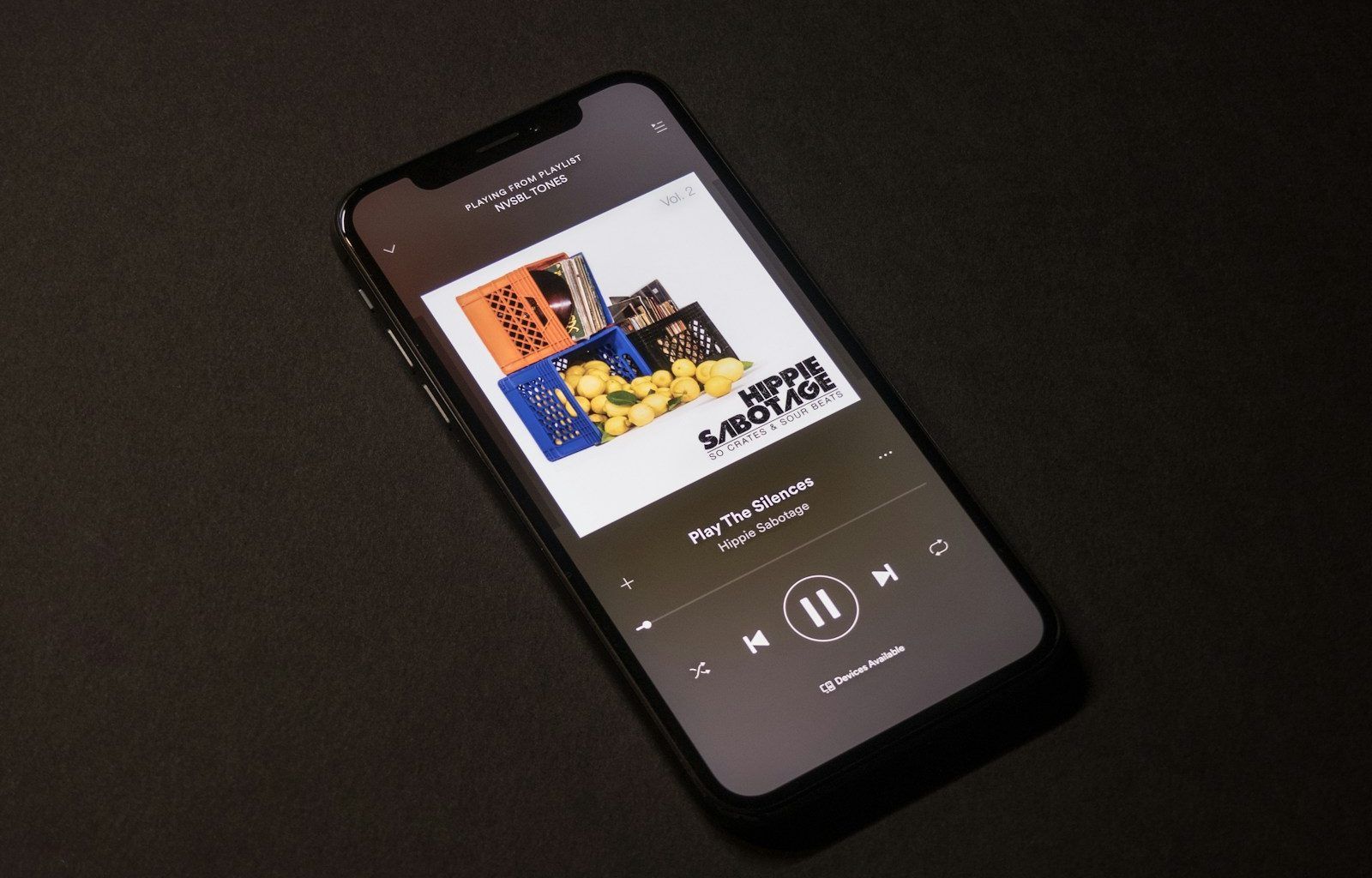Before diving into the steps, let’s talk about why Spotify is the go-to platform for so many artists. With over 500 million users worldwide, Spotify offers a massive audience for your music. Whether you’re an independent artist or part of a band, having your songs available on Spotify can boost your visibility and grow your fanbase. Plus, it’s a great way to earn royalties for your work!
Step 1: Prepare Your Music
Before you upload musics to Spotify, ensure your tracks are ready. Here’s a checklist to help:
- High-Quality Audio Files: Spotify requires tracks to be in MP3 format, with a high bitrate (320kbps is ideal).
- Album Artwork: Create eye-catching cover art that meets Spotify’s requirements (3000×3000 pixels, JPG or PNG format).
- Metadata: This includes your song title, artist name, and album details. Double-check everything to avoid mistakes.
Taking time to polish your music and its presentation can make a huge difference in how it’s received.
Step 2: Choose a Music Distributor
Spotify doesn’t allow individual artists to upload musics directly. Instead, you need to use a music distributor. These services act as middlemen, helping you get your music onto Spotify and other platforms like Apple Music and Amazon Music.
Some popular distributors include:
- DistroKid: Known for its simplicity and affordability. You pay a yearly fee to upload unlimited tracks.
- TuneCore: Charges per upload but lets you keep 100% of your royalties.
- CD Baby: Takes a cut of your royalties but offers excellent support.
- Amuse: A free option for beginners.
Research each distributor to find one that fits your needs. Once you’ve chosen a distributor, create an account and follow their instructions to upload your tracks.
Step 3: Upload Your Music
Once your distributor account is set up, it’s time to upload your music. Here’s what you’ll typically need to do:
- Log In: Access your distributor’s dashboard.
- Add Your Tracks: Upload your audio files and fill in the required details (song title, genre, release date, etc.).
- Upload Artwork: Add your album cover.
- Set a Release Date: Choose when your music will go live. Allow at least two weeks for processing.
Most distributors make this process straightforward, but take your time to ensure accuracy.
Step 4: Promote Your Music on Spotify
Getting your music onto Spotify is just the first step. To attract listeners, you need to promote it effectively. Here’s how:
- Create a Spotify for Artists Account: Claim your artist profile, customize it with a bio, photos, and links.
- Pitch Your Music: Use Spotify’s submission tool to pitch your tracks to playlists.
- Share on Social Media: Post links to your songs on platforms like Instagram, Twitter, and Facebook.
- Collaborate with Playlists: Reach out to playlist curators to feature your tracks.
- Run Ads: Consider using Spotify Ads or social media ads to boost your reach.
Common Challenges and How to Overcome Them
Uploading music to Spotify can sometimes feel overwhelming, especially if you’re new to the process. Here are some common challenges and how to tackle them:
- Confusing Metadata: Always double-check your entries. Typos can delay your release.
- Tight Deadlines: Plan ahead and set your release date at least two weeks in the future.
- Low Engagement: Invest time in building your audience. Consistency is key.
Tips for Long-Term Success on Spotify
Now that you know how to upload musics to Spotify, here are some tips to keep the momentum going:
- Release Regularly: Keep your audience engaged by putting out new music consistently.
- Engage with Fans: Respond to comments and messages on social media.
- Analyze Data: Use Spotify for Artists to track your performance and understand your audience.
- Collaborate: Work with other artists to expand your reach.
Conclusion
Uploading music to Spotify is a rewarding journey. With the right preparation, tools, and strategies, you can share your music with the world and grow your career. So, what are you waiting for? Follow these steps and start your Spotify journey today.
For further reading, explore these related articles:
For additional resources on music marketing and distribution, visit DMT Records Private Limited.






